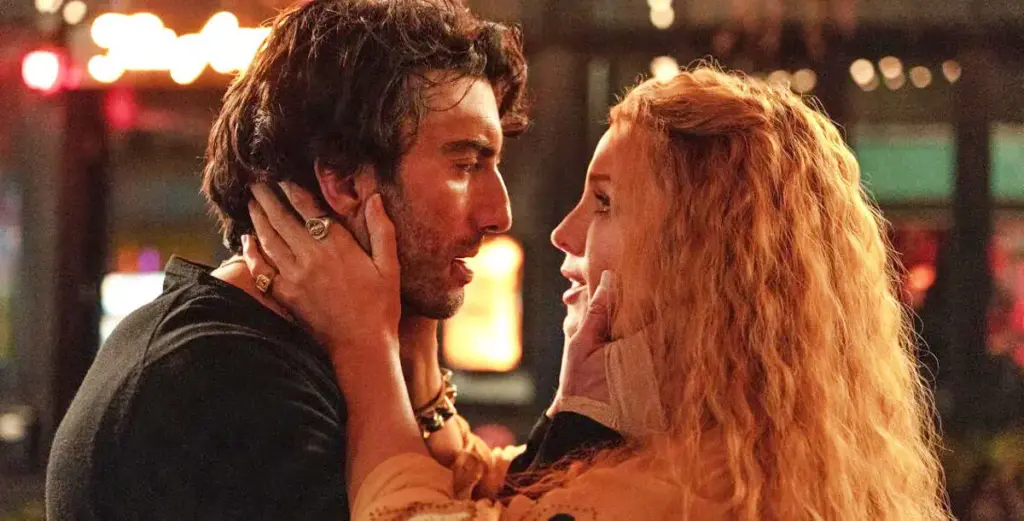New allegations have surfaced, raising concerns that the entertainment industry has ventured into a precarious realm where psychological operations—typically associated with warfare—are being strategically utilized to manipulate artists, control estates, and influence the public. Leaked documents, court filings, and testimonies from whistleblowers indicate a systematic approach wherein trauma and fear are engineered to control outcomes in multi-million dollar legal disputes.
I. **Merging Worlds: From Stage to Courtroom**
Insiders are describing an alarming convergence involving Live Nation’s domination of global events, public relations firms adept in trauma branding, and lawyers linked to illustrious music estates. This triangulation seems to underpin a system where very public tragedies serve dual purposes: as distractions and as bargaining chips in negotiations worth hundreds of millions.
Notable examples like the Manchester bombing, the Las Vegas shooting, and the Astroworld disaster suggest a pattern: rapid narrative control, media saturation, and legal blockades—all potentially designed not as mere accidents, but as tactical diversions contributing to ongoing estate manipulation and financial gain.
II. **Trauma as Leverage**
Confidential negotiations tied to the Jackson Estate reveal that certain headlines alleging abuse emerged a mere 48 hours before crucial court deadlines. Legal experts argue that these media spectacles operate as leverage, stirring public outrage while diverting attention from critical financial audits and licensing discussions.
An attorney familiar with the litigation harshly summarized the tactic: “It’s not about truth—it’s about saturating the narrative. By the time a judge reviews a motion, public opinion has already been weaponized.”
III. **Silencing through Psychiatric Holds**
Even more distressing are the claims that 5150 psychiatric holds in California are implemented as a tactical means of silencing individuals during tense negotiations. Under the guise of mental health interventions, celebrities can be sidelined, with families sometimes completely excluded from inheritance discussions.
Current litigation points to a consistent pattern, with similar evaluators, lawyers, and PR teams appearing across multiple high-profile cases, indicating a coordinated and troubling orchestration rather than random mismanagement.
IV. **Targeting the Audience**
Perhaps the most unsettling aspect emerges from the notion that the public is not just a passive viewer but an active target. By channeling audiences through cycles of fear (via tragedy), empathy (celebrity sorrow), and resolution (redemption narratives), corporations are reportedly exploiting public emotional responses as tools of influence.
This process—from panic-inducing headlines to polished comeback specials—reframes public perception in a manner that obscures accountability and guarantees ongoing profitability. Within this framework, trauma transforms from a regrettable oversight into a lucrative asset.
V. **Demand for Oversight**
Civil rights advocates and legal experts are now calling for investigations into these psychological manipulations within entertainment law and estate management. They caution that unless rigorous oversight is implemented, such traumatic exploitation will likely become increasingly sophisticated and entrenched.
As articulated by a barrister in the UK, “This is not mere carelessness; it is a orchestrated performance. Until this is unveiled, the public stands as both audience and unwitting victim.”




















